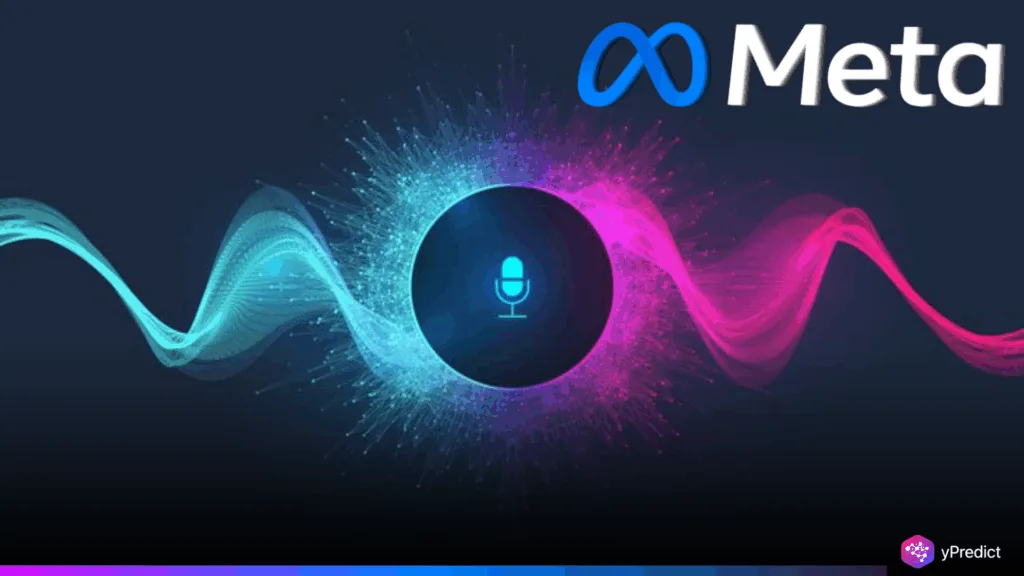
Meta has officially acquired PlayAI, a voice AI startup that produces human-sounding artificial voices. A new chapter in PlayAI’s history will begin next week when the entire team joins Meta. PlayAI was founded in 2024 with $21 million in seed funding from Kindred Ventures and 500 Global.
Its flagship products, like PlayDialog and Play 3.0 Mini, provide quick, realistic voice cloning. Additionally, over 30 languages are supported by these products. This Meta acquisition aligns with its AI vision, which includes work on AI Characters, Meta AI, and audio content tools.
Can Voice AI Startup Strengthen Meta’s Vision?
The PlayAI team’s complete integration is confirmed by the internal memo from Meta. It demonstrates how PlayAI’s voice technology aligns with Meta’s objectives for wearables and creative tools. Developing expressive voices with skillful pitch, tone, and rhythm is the main goal of the voice AI startup. Furthermore, immersive media, AI avatars, and digital assistants all require these tools.
PlayAI’s technology produces realistic and expressive speech by building on generative AI that has been trained on real-world conversations. Additionally, its solutions are already in use for support services, content production, and other purposes. This is perfect for Meta, especially for its AI platforms of the future.
Meta Acquisition Signals Big AI Voice Leap
Recently, Meta has made significant strides in the field of generative AI. This includes creating a superintelligence team under the direction of Scale AI’s Alexandr Wang and hiring from OpenAI. Furthermore, this strategy gains a new dimension with the acquisition of PlayAI by Meta. Therefore, PlayAI’s assets give Meta a strong voice infrastructure, as speech will be crucial in future interfaces.
Additionally, user-facing experiences are the foundation of Meta’s interest in generative AI. Realistic voices improve accessibility and engagement in audio content and Meta AI. Thus, PlayAI’s multilingual support and real-time cloning enable these experiences to scale quickly.
Voice-Driven Future Ahead for Meta AI
PlayAI claims to have systems for identifying misconduct and dealing with infractions, but the specifics of ethical safeguards are still unclear. This is important as deepfake concerns increase. A stronger legal framework for voice cloning technology is indicated by laws such as Tennessee’s ELVIS Act. Meta now has the advantage after purchasing Meta, a reputable business in the speech technology sector. Thus, its incorporation of voice AI startup PlayAI could revolutionize user interaction with digital systems.
Final Thoughts
Meta positions itself to be a leader in voice-first AI experiences by acquiring voice AI startup PlayAI. This action may influence the direction of generative AI-powered immersive content, digital assistants, and smart wearables in the future.
Thus, Meta can produce more realistic and responsive AI interactions by utilizing PlayAI’s low-latency voice cloning and emotional nuance. The agreement reflects Meta’s long-term goal of integrating voices that sound natural throughout its whole product line.





